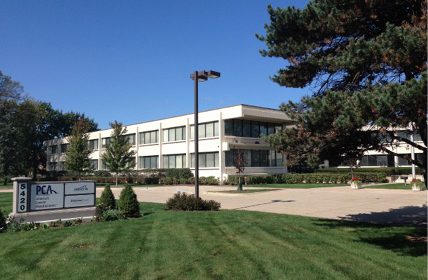The U.S. Green Building Council formally adopted the Resilient Building and Design Standard, RELi, during the 2017 Greenbuild International Conference and Expo in Boston. Paralleling USGBC’s Leadership in Energy and Environmental Design series, the standard is billed as a prescriptive roadmap to help architects, businesses, city planners, developers and governments design buildings, neighborhoods and communities to better withstand natural disaster shocks and stressors.
RELi has evolved through American National Standards Institute-defined consensus methods under Chicago-based global architecture firm Perkins+Will and a closely allied collective, C3 Living Design; plus, Capital Markets Partnership, a coalition of investment interests, cities, state agencies and green-building stakeholders. The latter was created by Market Transformation to Sustainability (MTS), a Washington, D.C., 501(c)(3) that joined Perkins+Will and C3 in 2014 to approve RELi National Consensus Standard Version 1.0.
USGBC adoption positions RELi as a global, points-based rating system independent of LEED but similarly administered by the Council’s Green Business Certification, Inc. subsidiary. “We’re seeing the merging of thought leadership from some of the world’s most progressive designers and thinkers with the global organizing capacity of the USGBC,” says Perkins+Will Resilience Research Lab and RELi Principal Investigator Doug Pierce.
“Resilience planning and adaptation are some of the most expensive public and private activities in U.S. history,” adds MTS CEO Mike Italiano. “Independent research shows that the U.S. has tens of trillions of dollars in resilience costs. When applied to buildings, homes, and infrastructure, our national consensus standard can greatly reduce unprecedented costs and risks.”
|
|
| Long before spearheading the RELi standard, Perkins and Will Partnership applied its resilient building smarts as PCA headquarters architect of record. The association relocated from downtown Chicago in 1968, bringing Skokie, Ill., a showcase of architectural and structural precast from Wisconsin’s J.W. Peters & Sons. 2016 PHOTO: Portland Cement Association |
RELI AND LEED
RELi will award points for various credits across multiple categories. While incorporating many LEED prerequisites and credits for sustainability, it also introduces a comprehensive series of new criteria focused on environmental, social, and economic considerations for resilience, such as Fundamental Access to First Aid, Emergency Supplies, Water, Food, and Communications; Adaptive Design for Extreme Rain, Sea Rise, Storm Surge, and Extreme Weather, Events and Hazards; Develop or Expand Local Skills, Capabilities, and Long-Term Employment; Provide for Social Equity and Edible Landscaping, Urban Agriculture, and Resilient Food Production.
“Resilience planning must be thorough. It must consider all of the ripple effects—what we call ‘cascading consequences’—of shocks and stressors,” says Perkins+Will Resilience Research Lab Global Resilience Director Janice Barnes. “Our communities, neighborhoods and buildings are all interconnected. If an electric sub-station miles away from your building gets flooded by an extreme rain event, you could experience a power outage. If your local economy is weakened by globalization, this could impact your financial stability, access to services, and health and wellbeing. The comprehensive nature of RELi is a response to this, allowing for hazard preparation and adaptation, as well as chronic risk mitigation.”
PILOT PROJECTS
RELi is initially being applied to projects under way in Washington, D.C., Minnesota, Oklahoma, and Texas; once complete, they will help refine the certification component of the standard and establish points system, scoring and certification levels. The projects are the first to benefit from the strategic guidance of RELi Accredited Professionals, who have undergone a comprehensive training and testing pilot program though MTS that demonstrates a mastery of resilient design concepts. The program couples RELi credit training with “applied whole systems thinking” for complex problem solving. Similar to the LEED AP program, RELi AP requires credential maintenance.
